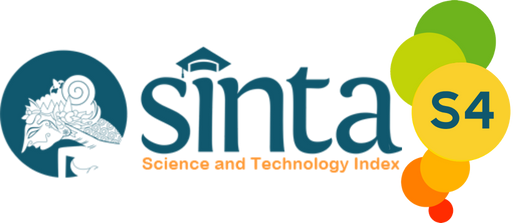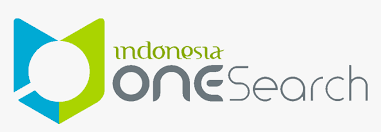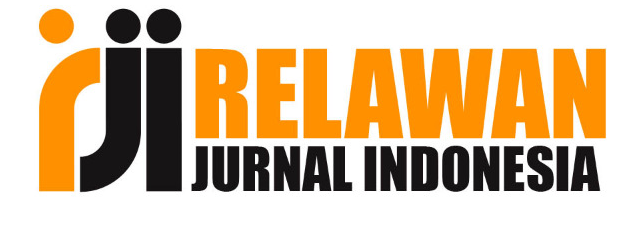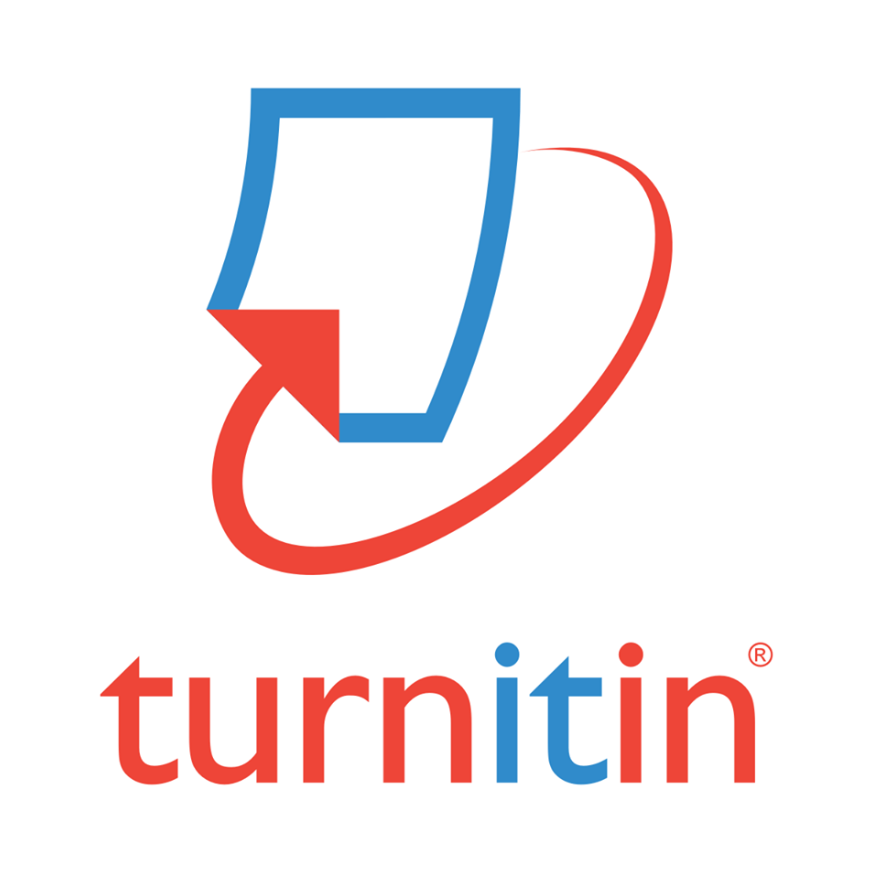The Alternative Use of Islamic Endowment (Waqf) for Educational Desire Among Contemporary Northern Nigerian People
Penggunaan Alternatif Wakaf Islam untuk Kebutuhan Pendidikan di Kalangan Masyarakat Nigeria Utara Kontemporer
DOI:
https://doi.org/10.32939/dhb.v6i1.4932Keywords:
Economic crisis, Educational Aspirations, Islamic Endowment, Northern Nigeria, Sustainable SolutionsAbstract
Purpose: The feasibility and effective use of Waqf to bridge educational disparities in Northern Nigeria are investigated in this study.
Design/methodology/approach: This study employs a qualitative methodology that includes a review of the literature, case studies, and expert interviews. These methods enable a thorough understanding of the challenges facing the local educational system as well as the contributions Waqf has made to the growth of education both historically and currently.
Findings: Important insights into how Islamic endowment systems can reduce significant educational disparities in the region are obtained via the examination of relevant theoretical frameworks and empirical research. It highlights the potential uses of these endowments, which are motivated by religious beliefs, to fund education for disadvantaged pupils by examining Waqf models that have been successful in other Muslim nations.
Research implications: Incorporating Waqf into educational funding would offer a workable, long-term way to reduce the negative consequences of the socioeconomic crisis and enhance educational goals in the region.
Downloads
References
Abdullahi, S. (2019), “How waqf, zakat can boost infrastructural needs of Nigeria”, available at: https://guardian.ng/features/friday-worship/how-waqf-zakat-can-boost-infrastructural-needs-of-nigeria/ (accessed 6 May 2024).
Dahiru I I, Mohd N. M. R, A.A.Muhammad, & Barde A. I (2022). A Study on the Historical Development of Tsangaya System of Islamic Education in Nigeria: A Case Study of Yobe State. UMRAN - International Journal of Islamic and Civilizational Studies, 9(2), 30 June, 2022. Pp. 59–71. https://doi.org/10.11113/umran2022.9n2.553
Abdul Latif, S. et.al. (2019). Good Waqf Governance and its Contribution in Sustainable Development. Journal of ASIAN Behavioural Studies (JABS), 4(12) Jan / Apr 2019 (p.37-47)
Diallo, A.T., Gundogdu, A.S. “Economic Empowerment, Zakat, Waqf, and Social Infrastructure in Sustainable Development and Infrastructure. Palgrave Studies in Islamic Banking, Finance, and Economics. Palgrave Macmillan, Cham. 2021. https://doi.org/10.1007/978-3-030-67094-85
KHAN, R. M. N. ., SHAFIQUE, O. ., SIDDIQUE, N. ., RAZZAQ, R. ., & HAFEEZ, R. M. Z. . “A Qualitative Study on the Socio-Economic Impact of Participation in Akhuwat Islamic Microfinance on Poverty Eradication and Women Empowerment” Bulletin of Business and Economics (BBE), 10(4), 2021. https://bbejournal.com/BBE/article/view/330
Maidoki & Sani, (2018), “Zakat and endowment: significant tools for society’s welfare in Sokoto State, Nigeria”, in E-Book of Masjid, Zakat and Waqf Management, KUIS, Selangor, pp. 58-66
Muhammad, et.al. (2023d). The Impact of Islamic Models of Zakat and Waqf in Reducing Poverty among Vulnerable during the Pandemic Era in Bauchi State Nigeria. AZKA International Journal of Zakat and Social Finance, 4(1), pp. 69-90. https://doi.org/10.51377/azjaf.vol4n01.143
Muhammad, AA. & Ikilima A. S. (2022). The Role of Zakat and Waqf for the Development of Micro and Small Enterprises (MSEs) in Gombe State Nigeria International Journal of Small and Medium Enterprises and Business Sustainability. ISSN 2242-9368 (Online), Vol. 7, No. 3, November 2022. Pp. 102-129.
Muhammad, A.A., Rohana, S.R, Adam, M.A & Nabeela, U.E “Achieving the Sustainable Development Goals of Water and Sanitation through Islamic Models of Zakat and Waqf: A Case Study of Gombe State Nigeria” Journal Transformation Of Knowledge (JTK). 1(2), 2023. https://ojs.yptransteknologi.sch.id/index.php/jtk
Muhammad, A.A and Ibrahim D. I (2021). Issues and Challenges Confronting Muslim Student-Mothers in Gombe State Tertiary Institutions (a Case Study of Federal University of Kashere, Gombe State- Nigeria).International Journal of Social Science Research and Anthropology (TIJSSRA) Vol. 5, No. 6, ISSN: 2977-5745. Pp 1-18.
Muhammad, A.A., Ibrahim D.I, Adam M.A & Yakubu Z.M (2023). A Literature Review of Islamic Mediation (As-Sulh) As Mechanism for Settling Marital Dispute among Muslim Couples in Northeastern Nigeria: AL-IRSYAD: Jurnal Bimbingan Konseling Islam. Web Jurnal: http://jurnal.iain-padangsidimpuan.ac.id/index.php/Irsyad, Volume 5 Nomor 2, Desember 2023, h. 175 e-ISSN : 2714-7517, p- ISSN: 2668-9661
Muhammad, A.A.and Bala, B.(2020). Interaction between Culture and Islam on Divorce in Akko L.G.A of Gombe State. Journal of University Scholars in Religions (JUSREL), ISSN: 2315-5884. Issue 8. Vol. 2. Pp. 8-16
Muhammad, A.A. (2019). Terrorism as a Threat for Economic Development in Nigeria. International Journal of Umranic Studies. Sultan Sharif Ali Islamic University, Brunnei, Dar-Assalam. ISSN: 2617- 9393 (Print) ISSN: 2617-9407 (Online), Vol 2. Issue 1. Pp 55-66
Muhammad A.A.& Babikir A. (2019). Islamic Solution to the Economic Threats of Terrorism in North-Eastern Nigeria. Abuja Journal of Islamic Studies (AJIS), Maiden Edition, ISSN: 2659-0514. Vol. 1, No. 1. Pp. 178-193
Mohamed Aslam (2018) Waqf as a Socio-Economic Institution. JKAU: Islamic Econ., Vol. 31 No. 2, pp: 71-78 http://doi:10.4197/Islec.31-2.5
Salman, M. J., Mohamad, N. A., & Sadique, M. A. “E-Waqf Implementation: A Paradigm Shift in Nigeria Waqf System” Journal of Asian and African Social Science and Humanities, 7(4), 2022. https://doi.org/10.55327/jaash.v7i4.255
Senghore, A. F. “Assessing the role of islamic microfinance: A women empowerment case study” European Journal of Islamic Finance, 10(3), 2023. https://www.ojs.unito.it/index.php/EJIF/index
Sukmana, R. “Critical assessment of Islamic endowment funds (waqf) literature: Lesson for government and future directions” Heliyon, 6(10), 2020. https://doi.org/10.1016/j.heliyon.2020
Sabbaghian, et.al (2021). The role of endowments in the realization of peace and human rights. Propósitos y Representaciones, 9 (SPE1), e890. Doi: http://dx.doi.org/10.20511/pyr2021.v9nSPE1.890
Syed Khalid Rashid. (2018). Potential of Waqf in Contemporary World. JKAU: Islamic Econ., Vol. 31 No. 2, pp: 53-69. http://:10.4197/Islec.31-2.4.
Satar, N., & Kassim, S. “Issues and Challenges in Financing the Poor: Lessons Learned from Islamic Microfinance Institutions” European Journal of Islamic Finance, (15), 2020. https://doi.org/10.13135/2421-2172/2832
Razak, S.H.A. "Zakat and waqf as instrument of Islamic wealth in poverty alleviation and redistribution: Case of Malaysia", International Journal of Sociology and Social Policy, 40 (3/4), 2020. https://doi.org/10.1108/IJSSP-11-2018-0208
Weiss, H. “Muslim NGOs, Zakat and the Provision of Social Welfare in Sub-Saharan Africa: An Introduction” In: Weiss, H. (eds) Muslim Faith-Based Organizations and Social Welfare in Africa. Palgrave Macmillan, Cham. 2020. https://doi.org/10.1007/978-3-030-38308-4_1
Yakubu, et.al (2019). The Role of Waqf in Economic Sustainability and Poverty Reduction. International Journal of Academic Research in Business and Social Sciences, 9(12), (2019): p.694–700. http://dx.doi.org/10.6007/IJARBSS/v9-i12/6771
Downloads
Published
How to Cite
Issue
Section
License
Copyright (c) 2025 Adamu Abubakar Muhammad, Adam Muhammad Ardo, Shafa’at Ahmad Aliyu, Zuwaira Jibril Muhammad

This work is licensed under a Creative Commons Attribution 4.0 International License.













